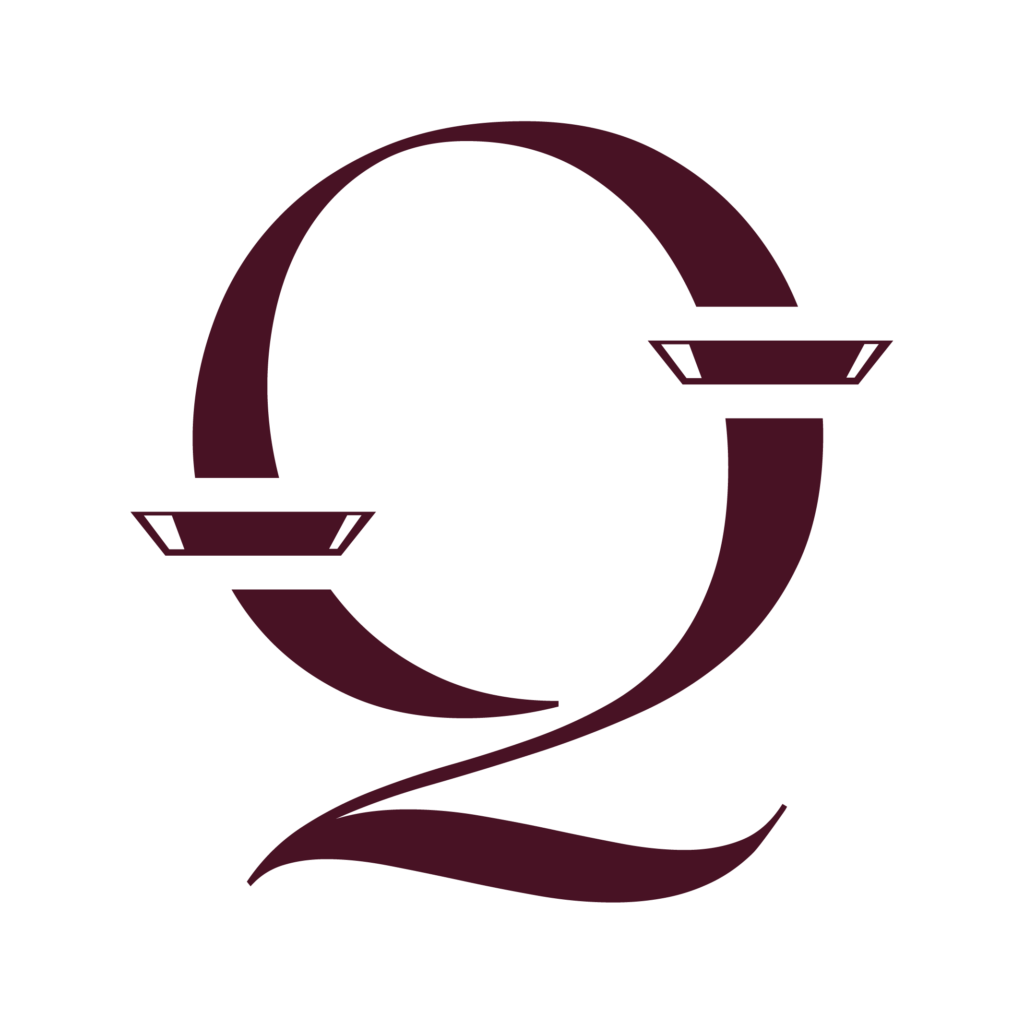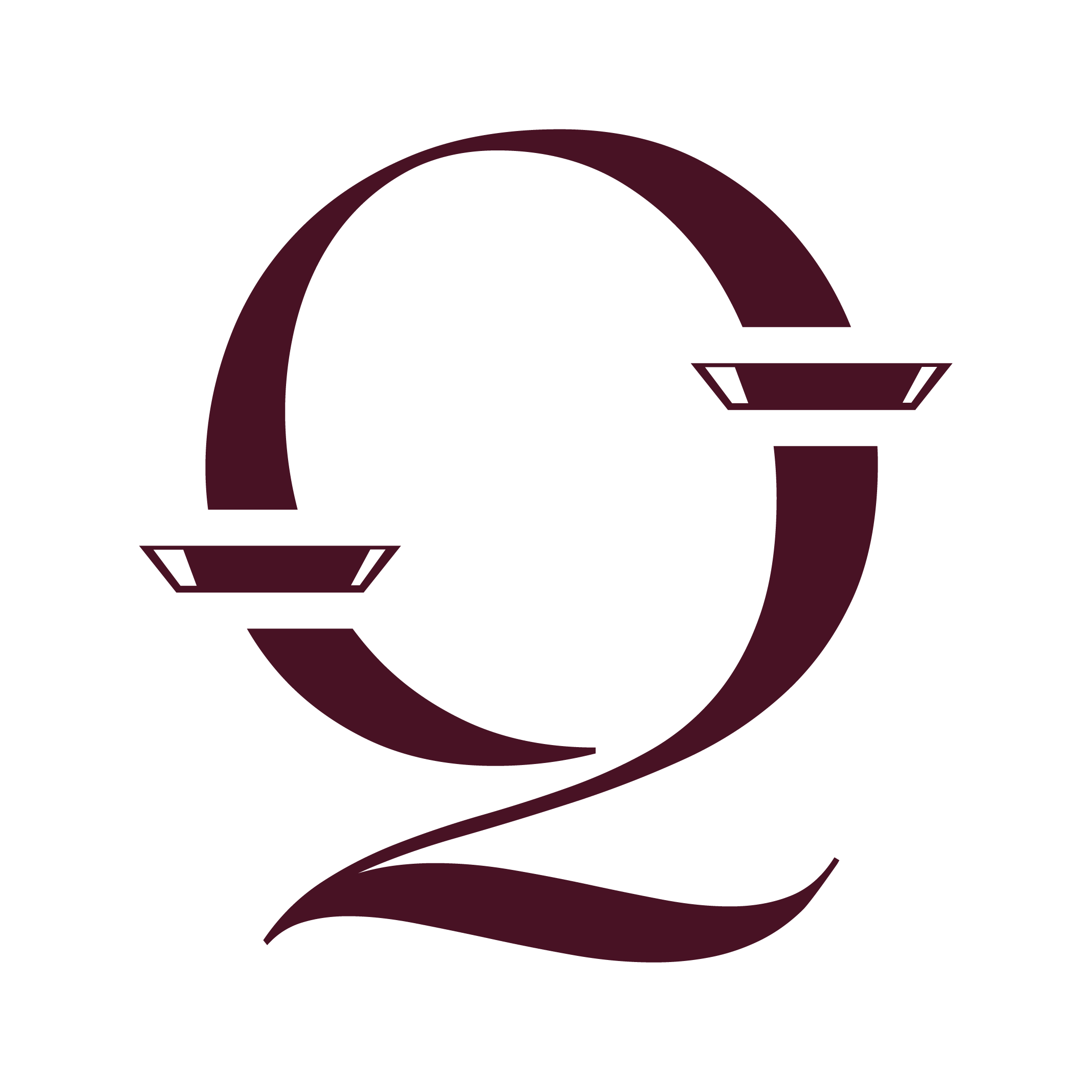Share
Introduction
For the past few years, the global financial system has undergone significant transformation, with sustainability becoming a fundamental aspect of investment strategies. Islamic finance has emerged as a noteworthy player, with its Shariah-compliant financial instruments such as Green Sukuk aligning closely with sustainability goals. The United Arab Emirates (UAE) is increasingly making efforts to harmonize the use of Islamic financial products with sustainability. However, there are numerous challenges that hinder the issuing of Green Sukuk.
Green Sukuk: Merging Islamic Finance with Environmental Sustainability
One of the most significant developments in Islamic finance is the introduction of Green Sukuk, a Shariah-compliant financial instrument designed to fund environmentally sustainable projects. Green Sukuk represents a fusion of traditional Islamic finance principles with modern environmental goals.
The Green Sukuk market is rapidly growing in the Gulf Cooperation Council (GCC) region, especially in countries like the UAE, Kingdom of Saudi Arabia (KSA), and Oman, with sustainability as their core value. Green Sukuk is specifically designed to finance green projects such as solar and wind energy installations, sustainable infrastructure development, and energy-efficient buildings. By linking these projects to Islamic finance principles, Green Sukuk provides an investment vehicle that allows both Islamic and conventional investors to participate in environmentally conscious activities while adhering to an ethical framework.
The UAE: Leading the Charge in Green Sukuk
The UAE is at the forefront of the Green Sukuk market, and its commitment to sustainability is evident in both its national policies and financial market activities. The UAE Energy Strategy 2050 sets ambitious targets for clean energy, aiming to increase the share of renewable energy in the country’s energy mix to 50% by 2050 and reduce carbon emissions by 70%. Green Sukuk is one of the instruments being used to finance these goals. This reflects UAE’s goal of aligning financial products with sustainable objectives.
In addition to this, according to data from the UAE Central Bank, Islamic banks in the country are increasingly adopting sustainability strategies, with a significant number of them integrating sustainability at the board level. The UAE ranks first in the GCC and second globally in outstanding sustainability Sukuk, demonstrating its leadership in the sector.
Challenges and Opportunities
Despite the promising potential of Green Sukuk, the market still faces several challenges. One of the primary obstacles is the lack of a standardized framework for issuing Green Sukuk. The absence of clear guidelines makes it difficult for investors to assess the sustainability impact of projects, leading to uncertainty in the market. Additionally, the relatively small size of the Green Sukuk market compared to conventional bonds limits liquidity and attractiveness to large institutional investors.
However, these challenges present opportunities for growth. Governments and regulatory bodies in the GCC are focusing on promoting sustainable finance, and the demand for Environmental, Social, and Governance (ESG)-compliant investments is rising globally. As the market matures, the establishment of clear standards and greater transparency in Green Sukuk issuance can boost investor confidence and drive further growth. Moreover, the expansion of Green Sukuk into sectors beyond renewable energy, such as sustainable agriculture and water efficiency, can increase the scope and impact of these investments.
Conclusion
Green Sukuk is proving to be an essential tool for financing sustainable development in the GCC region, aligning the principles of Islamic finance with global sustainability goals. The ethical foundations of Islamic finance make it uniquely suited to support projects that promote environmental and social well-being. While challenges remain, such as the need for standardized frameworks and increased investor awareness, the growth potential for Green Sukuk is substantial.
As the GCC countries continue to prioritize sustainability and diversify their economies, Green Sukuk will play a critical role in mobilizing the capital needed to achieve these goals. The UAE is well-positioned to lead the way in green finance, leveraging its strong regulatory framework and commitment to sustainable development. By tapping into the growing demand for ESG-compliant investments, the GCC can use Green Sukuk to foster a more sustainable, resilient, and socially responsible future.

